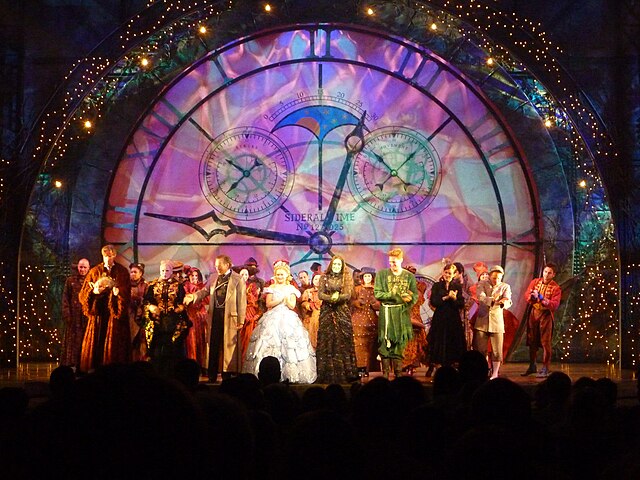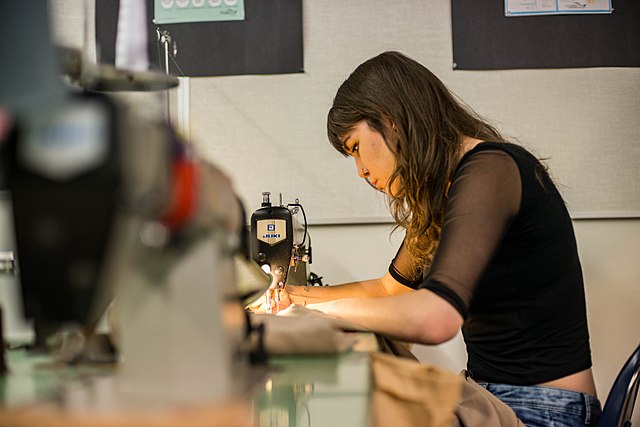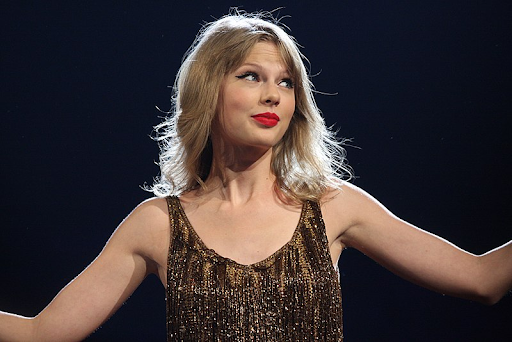The Africa Express is not just a 1970s British Rail diesel train. More interesting than the train itself is its passengers, since it has been converted into a home for a rotation of 80 Western and African musicians.
The Africa Express went on tour in the U.K. last week, accommodating musicians on a collaborative project, primarily founded by Gorillaz creator Damon Albarn.
This project was first initiated in 2006 when Albarn traveled to Mali with other Western artists, including Fatboy Slim, and pursued collaborative efforts with African musicians. The project has blossomed since it started. This year, the tour had six main performances, starting in Middlesbrough on Sept. 3, then traveling to Glasgow, Machester, Cardiff and Bristol, before concluding in London on Sept. 8.
The diversity of the Western-based musicians ranges from Elvis Costello, De La Soul and Franz Ferdinand to Basement Jaxx, Mark Ronson, and a variety of others.
Some of the African artists are well known in the U.S., while others are new faces. Among them are Rise Kagona of Zimbabwe, Rokia Traoré of Mali, and Dizzy Mandjeku of the Congo, along with many more from all throughout the region.
The Africa Express has a purpose that extends beyond spreading aural joy to music lovers everywhere. The effort provokes intercultural collaboration that would not otherwise occur. It also helps to increase awareness of cultural similarities and diversities, and appreciation for other cultures’ contributions to society.
“Not everyone will be able to communicate speaking-wise, but we all share that thing in common,” Albarn said in a statement given to BBC. “That’s why everyone’s here, that’s why there’s never any wars between musicians, because we are able to communicate with each other. Really, if you want to look in the greater scheme of things, that’s what Africa Express represents, it’s that possibility of an all-inclusive society.”
George Pettis, Guilford alum and member of the band Wowser Bowser shared his input with The Guilfordian.
“I think it’s great that musicians are breaking down borders with their music,” said Pettis.
There has truly never been an initiative with the same mission, the same mentality, and the same maturation as the Africa Express.
“I feel like the Western world, the U.S. and the U.K. music industries are so intertwined, and I feel like people from other parts of the world are not as represented,” shared WQFS DJ and international studies major Rishona Hines ’13. “This gives an opportunity for artists in Africa to be a part of this musical expansion.”
The train itself houses three rehearsal rooms and a Moroccan tea room. This atmosphere lends itself to live performance and impromptu collaboration throughout the journey, and each event in the U.K. has a lineup different from the last, leaving room for variation between the shows.
“There is something about collaboration and creativity within art that invokes an overwhelming feeling of connectedness to the African culture and people,” said senior Adelaide Ayres, who had the opportunity to study abroad in Africa last fall.
Albarn told the Belfast Telegraph, “It’s just something about that whole continent; we call it Africa, but you know it’s like 50 odd nations. They call it world music but it’s 1,000 different ideas.”
The Africa Express will perhaps embark on another tour sometime soon, but for now, the global inclusiveness that it harbors is alive and well.
“This is a way to bring together artists,” said Hines. “I feel like when you put all these people together in one environment, magical things can happen.”
[photomosaic nggid=35]












